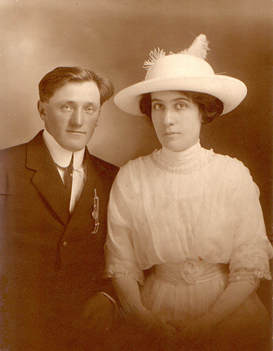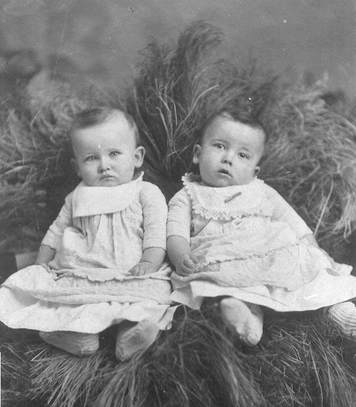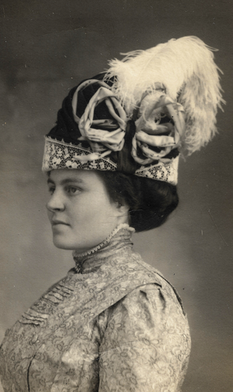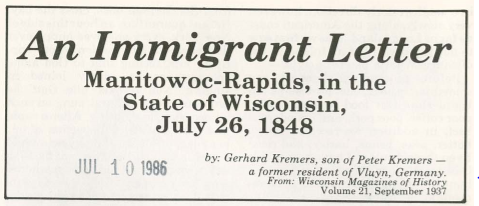|
In our world of emails, texts and chats, the handwritten letter is a rarity. Do you have a leather-bound volume of your emigrant ancestors’ letters? No?! Me either but wouldn’t that be nice? For those of us who don’t have access to family letters from that time, how do we better understand what the journey to America and homesteading the land was like? Here are some ideas. I’ve been making it my mission this year to go back through old documentation to ensure it is properly sourced. I spent considerable time looking online for a detailed “letter home” giving details and advice about traveling from Germany to Wisconsin. Tips about what to bring, things to know about the ships, the cross-country journey and settlement opportunities. It’s a great document but because when I first started genealogy, I didn’t note the citation, I’m not able to use it in any of my writings. Another reason to ensure you are citing sources as you do your research! All was not lost because as I searched, I discovered a few sources that I want to share with you. Since most of us do not have firsthand accounts of our ancestors’ lives, I think these sites will be of interest. We’ve talked about the Archive.org which focuses on providing access to online materials. Of particular interest to me is “The Farmers and Migrants Handbook”. This book contains practical information about crops, livestock, household goods, gardens and much more. If you have a farming family, perhaps they referenced a book like this. It is likely that this booklet was a commissioned and has a copyright of 1849. There is also another booklet with this catchy title: “The western tourist; or, Emigrant's guide through the states of Ohio, Michigan, Indiana, Illinois, and Missouri, and the territories of Wisconsin and Iowa: being an accurate and concise description of each state, territory, and count” that is worth checking out. For a firsthand account of the journey and experience of settlement, check out An Immigrant Letter by Gerhard Kremers, printed in the newsletter of the Manitowoc Historical Society. This author, Kathi Gosz, has an interesting blog with some additional information and links to letters. She has written “House of Johann”, a fictionalized story of her family’s life in Germany, using actual resourced data for the facts with the fiction reflecting the imagined conversations. It’s an interesting way to learn more about what life was like before the journey to America.
Letters and Diary of John Frederick Diederichs can be found on the JSTOR.org. According to their site, “JSTOR is part of ITHAKA, a non-for-profit organization helping the academic community use digital technologies to preserve the scholarly record and to advance research and teaching in sustainable ways.” If you’d like the additional challenging of reading original handwritten letters, check out these pdf link of German immigrant letters at The Hekman Library of Calvin University, Grand Rapids, Michigan. Envision the Past site has a collection of Settlers’ Guides – Emigrants’ Handbooks – Guides to Territories Open for Settlement. This letter by Michael Rodenkirch, an early Wisconsin settler, is referenced on other sites. It gives you a nice look into those days. Cyndi’s List has a great list of diaries and letters from settlers across the Americas. Look at the University of Wisconsin section if you have Wisconsin roots. While these letters won’t tell you exactly how your ancestor traveled, you will be able to find out what most people generally experienced on their journey by reading these firsthand accounts. Look at the difference between traveling by sailboat or steamer, spend time figuring out how much the journey cost. Many people writing home detailed the costs and compared that to the currency of the day in the old country. We often forget what a big undertaking this was for our ancestors. Adding this layer to your family history will help future generations to understand the sacrifices and hardships they endured. Happy sailing!
0 Comments
Leave a Reply. |
AuthorWith a lifelong passion for genealogy and history, the author enjoys the opportunity to share genealogy tidbits, inspiring others to research and write their family story. Archives
July 2024
Categories |





 RSS Feed
RSS Feed